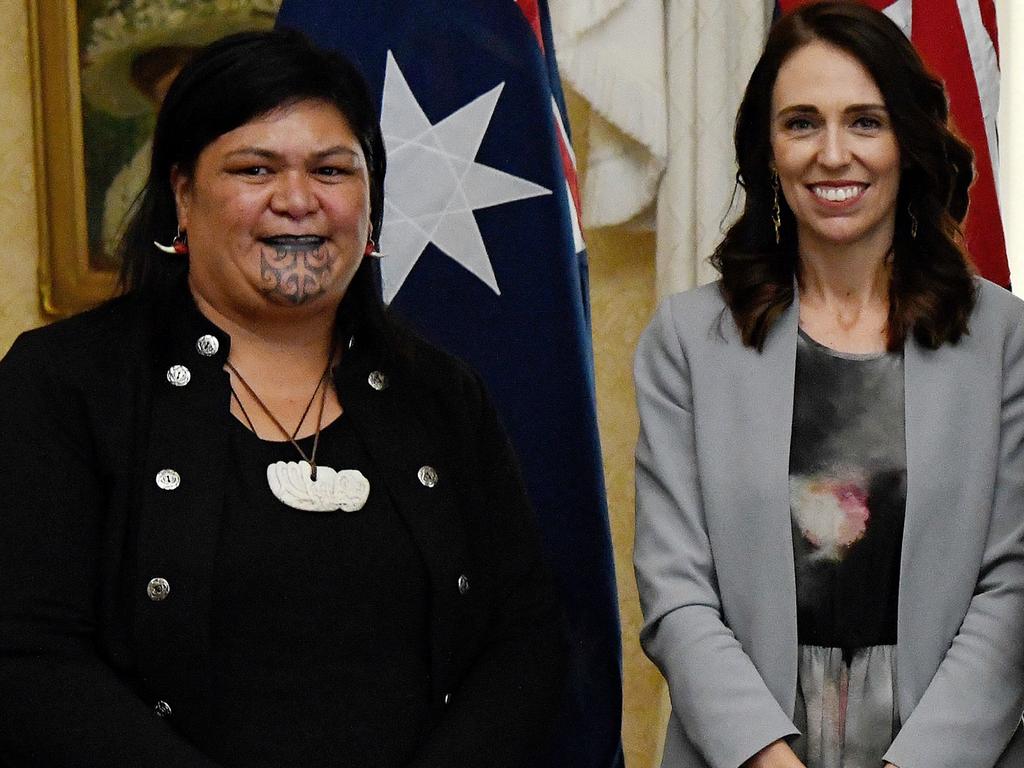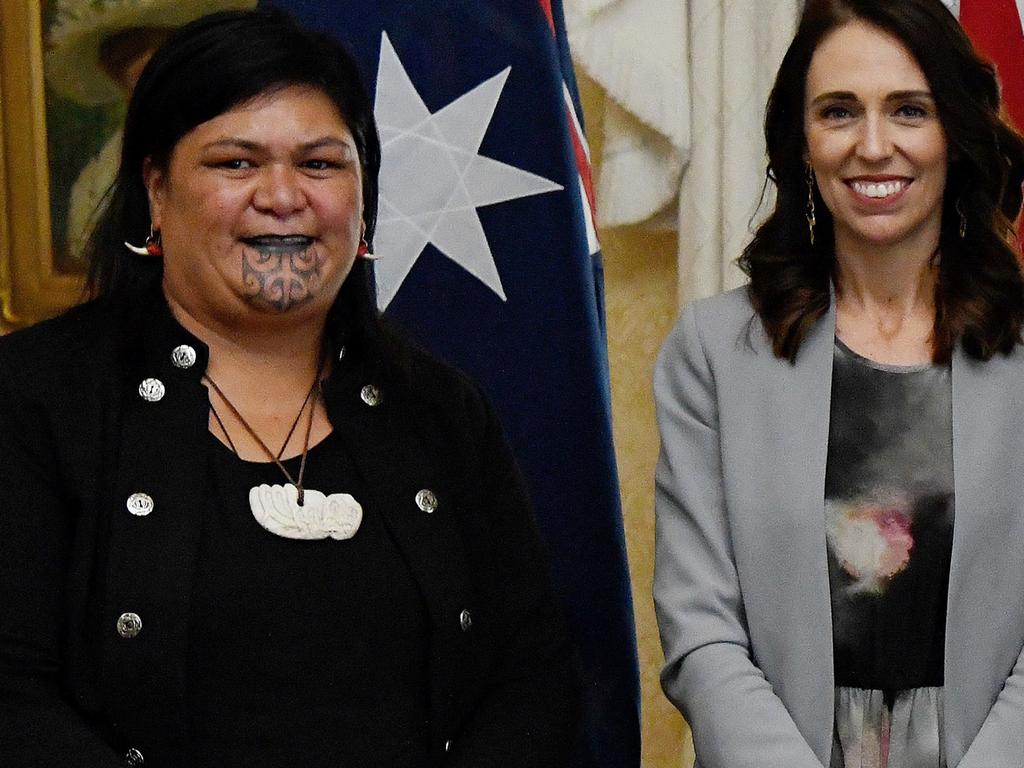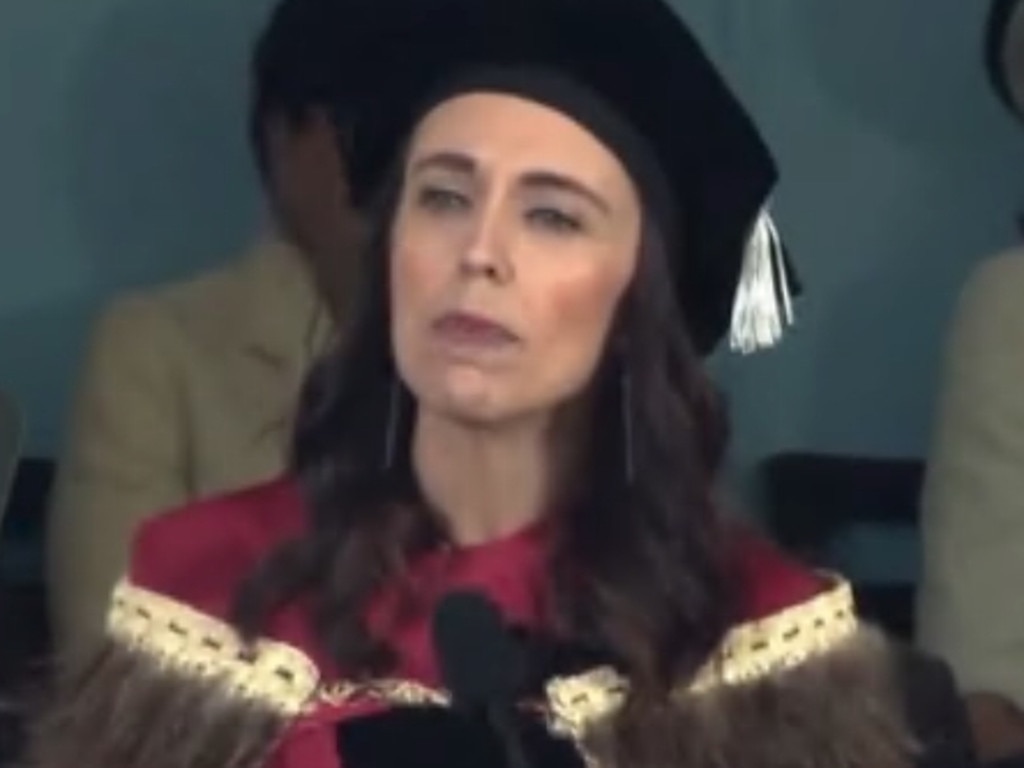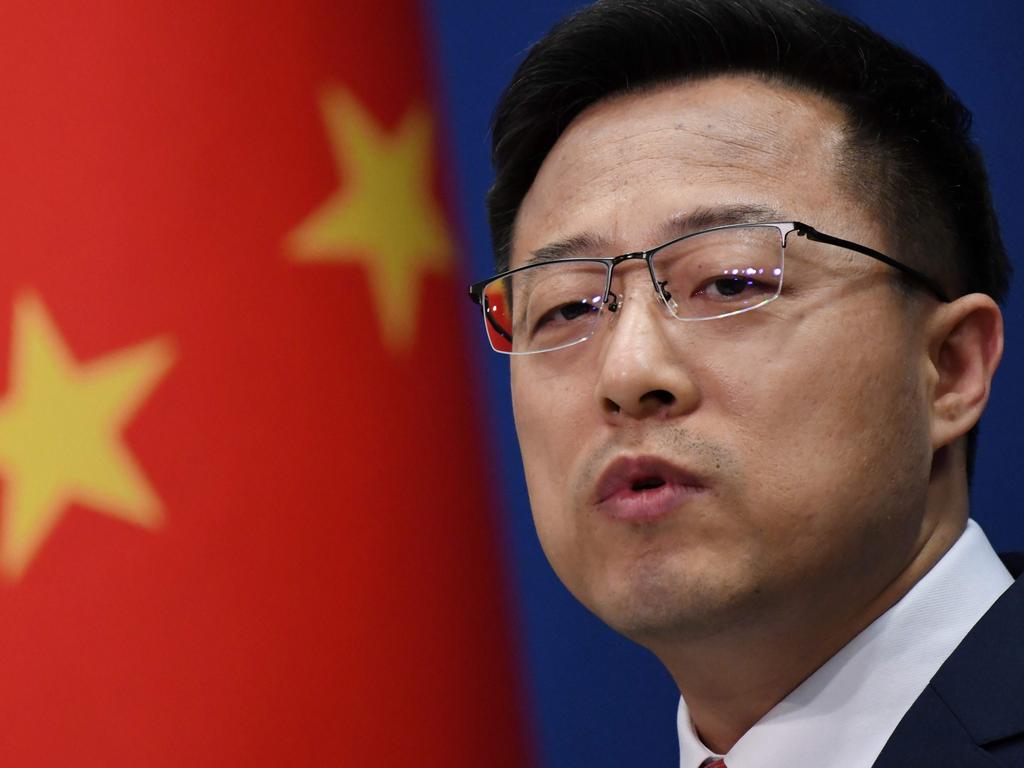NZ minister Nanaia Mahuta accused of conflict of interest over sister’s job
Critics claim Nanaia Mahuta’s sister will wield enormous power in the controversial remaking of NZ’s water management being driven by her sibling.
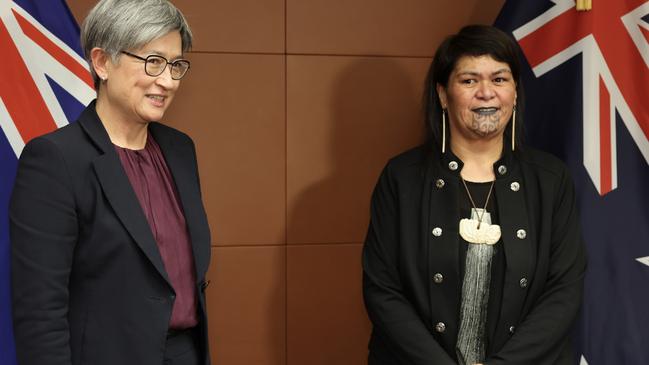
A mysterious Twitter user who goes by the name “Thomas Cranmer” has been tweeting since early May about apparent conflicts of interest in the appointments of relatives of New Zealand’s Minister of Local Government, Nanaia Mahuta, to taxpayer-funded positions.
Some of the matters he has raised have been taken up by Opposition politicians, who have lodged a slew of written questions to government ministers about the appointments.
Cranmer — who has a forensic eye for links between complex documents — is not alleging anything illegal has occurred, but he has questioned whether the appointments have been handled correctly and transparently.
The cabinet manual suggests various ways ministers should handle such conflicts but warns: “Public perception is a very important factor“ and: “Appearances and propriety can be as important as actual conflicts of interest.”
This Catch-22 puts ministers in an invidious position, given it is clear that following the rules scrupulously will not prevent voters taking a dim view of their actions. And it is obvious that managing a conflict of interest may not remove or neutralise it.
Cranmer’s primary focus has been on the appointment of the minister’s younger sister, Tipa Mahuta, to the chair of Te Puna – the Māori advisory group, which advises the new water regulator Taumata Arowai.

Taumata Arowai is a linchpin in the contentious Three Waters program, which will compulsorily hand the water assets of 67 councils to four vast regional entities. Controversially, the labyrinthine bureaucracy will be co-governed by equal numbers of members from unelected iwi (Māori tribes) and council representatives.
Cranmer’s analysis (accompanied by screen shots of official documents) shows the advisory group that Tipa Mahuta chairs is not merely a gathering of wise heads tasked to encourage and warn, as its innocuous name might suggest. The group will have real power because Taumata Arowai is obliged to not only “have regard” to its advice but also to “implement” it.
And Taumata Arowai regulates the Water Services Entities, which will manage the day-to-day operations of the Three Waters set-up.
In short, according to Cranmer, Tipa Mahuta will have an enormous amount of power in the complete remaking of the nation’s water management being driven by her sibling.
The bill establishing the four regional Water Services Entities had its first reading in parliament on June 9 and is now headed to a select committee hearing — and an expected avalanche of hostile public submissions.

Tipa Mahuta’s appointment is not the only family connection, however, that has raised eyebrows. Nanaia Mahuta’s husband and members of her extended family also received public funding for roles in waste management and suicide prevention when Mahuta held related associate ministerial roles. Some commentators have queried their qualifications and experience and the process by which they were appointed.
When a journalist asked Mahuta for her view on these questions, she replied: “I have a talented whanau [extended family]. Conflicts have been declared and managed appropriately, and in accordance with the Cabinet Manual.”
On May 31, the Act Party leader, David Seymour, asked Grant Robertson — who as Deputy Prime Minister was standing in for his leader in parliament: “Is the Prime Minister aware that four people related to just one Cabinet Minister, Nanaia Mahuta, have been appointed to government working groups or governance roles since 2017 in areas for which that minister had ministerial responsibility; and if so, is she comfortable that such appointments fit with the cabinet manual’s guidance that ‘appearances and propriety can be as important as actual conflicts of interest’?“
Robertson responded: “Ms Mahuta is scrupulous in the way in which she manages conflicts of interests and adheres to the cabinet manual.”
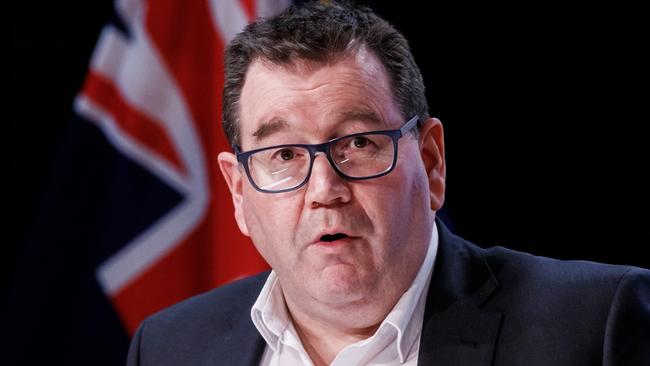
Seymour says the public should be told what processes were followed in appointing the minister’s family members and who made the decisions; whether the positions were publicly advertised; what qualifications the successful applicants have; and whether the applicants declared conflicts of interest.
“It’s critical that New Zealanders can have confidence that government appointments are being made in an appropriate way,” he said. “Ministers need to be above suspicion.”
One way the manual recommends ministers can manage a “conflict of interest concerning a particular issue within his or her portfolio” is to hand responsibility for that issue to another minister — with the permission of the Prime Minister.
Tipa Mahuta was made chair of the Māori Advisory Group in May 2021 after her sister had handed the power of appointment to Kelvin Davis, Minister for Māori Crown Relations, in February. That power was handed back to Nanaia Mahuta in June 2021.
Cranmer has pointed out, however, that even if the transfer of the power of appointment to Davis was entirely orthodox, it doesn’t solve the problem of how a continuing conflict of interest for the minister and her sister can be managed successfully and transparently given they will have a close working relationship.
As he put it: “The temporary transfer to Davis does not address the ongoing conflict that arose (and continues to exist) once the temporary power was handed back to Mahuta.”
That is the important question Nanaia Mahuta — and soon enough Jacinda Ardern, who is responsible for managing her ministers’ conflicts of interest — will have to definitively answer.
Graham Adams is an editor and journalist who writes mainly about New Zealand politics.

